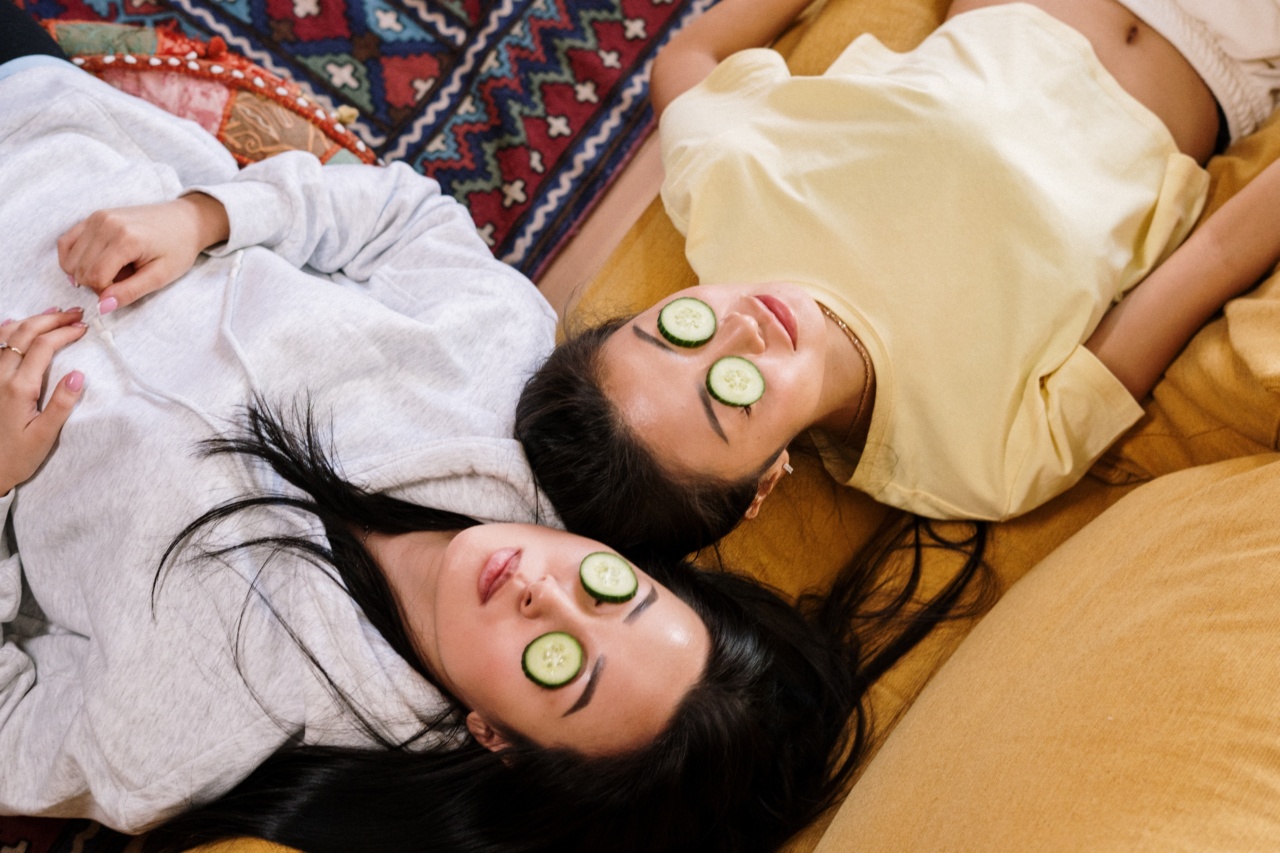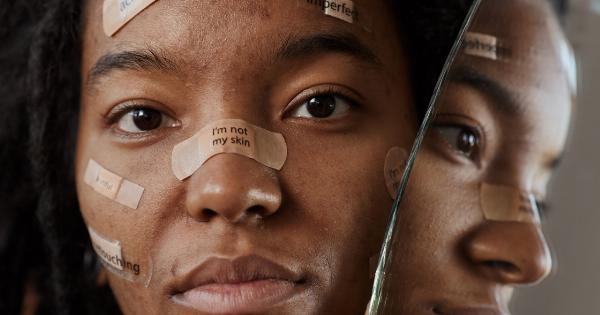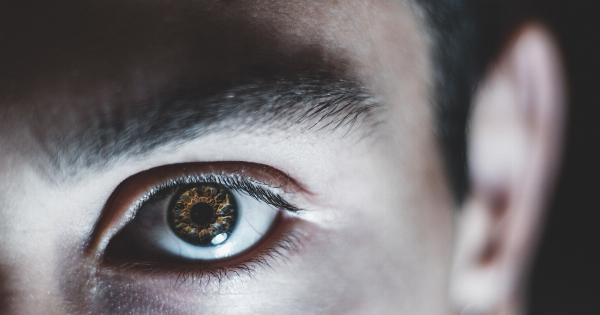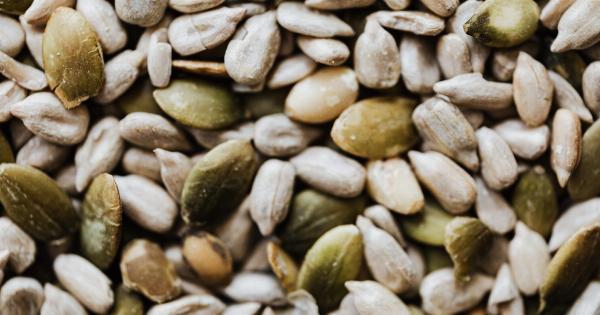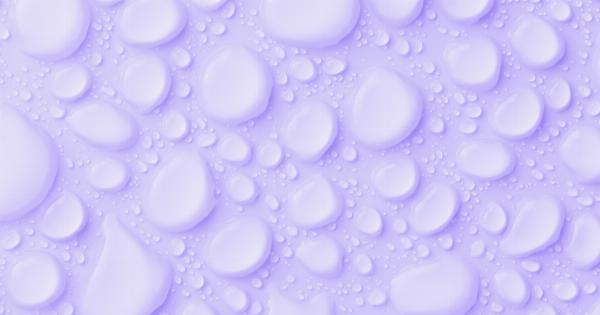Acne is a common skin condition that affects millions of people worldwide. It can be frustrating and have a negative impact on self-esteem.
While there are countless over-the-counter and prescription treatments available, some individuals prefer to take a more natural approach.
1. Tea Tree Oil
Tea tree oil is renowned for its antimicrobial properties, making it an excellent natural remedy for acne. It can help reduce inflammation, redness, and swelling associated with breakouts.
To use tea tree oil, simply dilute it with a carrier oil, such as coconut or jojoba oil, and apply it to the affected areas with a cotton swab or pad. It’s important to spot test the oil on a small area of skin before applying it to the entire face, as some individuals may be sensitive to it.
2. Apple Cider Vinegar
Apple cider vinegar has antibacterial and antiseptic properties that can help fight acne-causing bacteria. It also helps balance the pH level of the skin and reduce inflammation.
To use apple cider vinegar, mix one part vinegar with three parts water and apply it to the skin using a cotton ball. Leave it on for a few minutes before rinsing with water. It’s important to note that apple cider vinegar may cause skin irritation, so it’s best to dilute it and perform a patch test before widespread use.
3. Honey
Honey is a natural humectant, meaning it helps retain moisture in the skin. It also has antimicrobial and anti-inflammatory properties, making it an effective treatment for acne.
Simply apply a thin layer of raw, organic honey to the skin and leave it on for 10-15 minutes before rinsing off. Honey can also be mixed with other ingredients, such as cinnamon or turmeric, for added benefits.
4. Aloe Vera
Aloe vera is known for its soothing and healing properties. It can help reduce inflammation, redness, and irritation associated with acne. Extract the gel from an aloe vera leaf and apply it directly to the affected areas.
Leave it on for about 20 minutes before rinsing with water. Aloe vera gel can also be combined with tea tree oil or other essential oils for added benefits.
5. Exfoliation
Regular exfoliation is key in removing dead skin cells, unclogging pores, and preventing acne breakouts. There are many natural exfoliating ingredients that can be used, such as sugar, salt, or grounded coffee.
Mix your chosen exfoliant with a carrier oil, such as olive or almond oil, and gently massage it onto damp skin. Rinse thoroughly and follow with a moisturizer. It’s important to avoid over-exfoliating, as it can irritate the skin and worsen acne.
6. Green Tea
Green tea contains antioxidants and anti-inflammatory properties that can help reduce acne and calm the skin. Brew a cup of green tea and allow it to cool. Using a cotton ball or pad, apply the green tea to the skin as a toner or use it as a facial spray.
It can also be used to make homemade face masks by combining it with other natural ingredients like honey or yogurt.
7. Witch Hazel
Witch hazel is a natural astringent that can help remove excess oil from the skin and reduce inflammation. It also helps tighten the pores, making it harder for them to become clogged.
Apply witch hazel to the skin using a cotton ball or pad after cleansing. Avoid using it excessively, as it can cause dryness or irritation.
8. Lemon Juice
Lemon juice contains citric acid, which can help exfoliate the skin and reduce acne scars. It also has antibacterial properties that can fight acne-causing bacteria.
However, it’s important to note that lemon juice can be drying, so it should be diluted with water before applying to the skin. Apply the diluted lemon juice to the affected areas using a cotton ball or pad and leave it on for a few minutes before rinsing off.
9. Clay Masks
Clay masks are excellent for absorbing excess oil and unclogging pores. They can help draw out impurities from the skin, reducing the occurrence of acne breakouts.
There are various types of clay masks available, such as bentonite clay, French green clay, or kaolin clay. Mix the clay with water or apple cider vinegar to create a paste, and apply it to the skin. Leave it on until it dries, then rinse off with water.
10. Ice Therapy
Ice therapy can be a quick and effective way to reduce inflammation and redness caused by acne. Wrap an ice cube in a clean cloth or paper towel and gently press it onto the affected areas for a few seconds at a time.
The cold temperature helps constrict blood vessels, reducing swelling and making acne appear less noticeable.
Conclusion
Dealing with acne can be challenging, but there are many natural remedies that can be effective in treating and preventing breakouts.
It’s important to remember that everyone’s skin is unique, and what works for one person may not work for another. If acne persists or worsens, it’s best to consult with a dermatologist for further evaluation and personalized treatment options.
